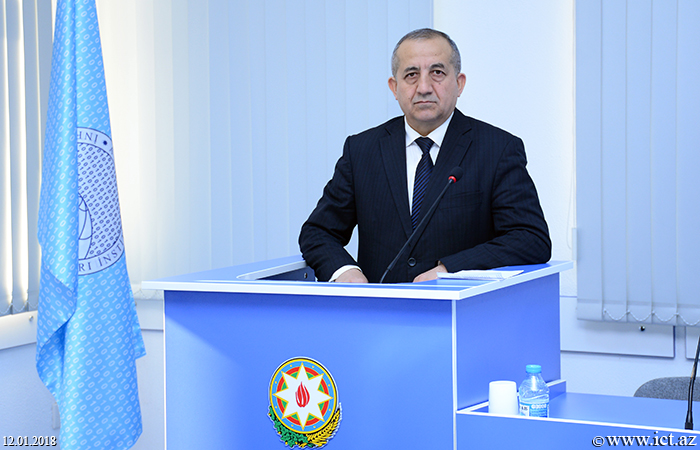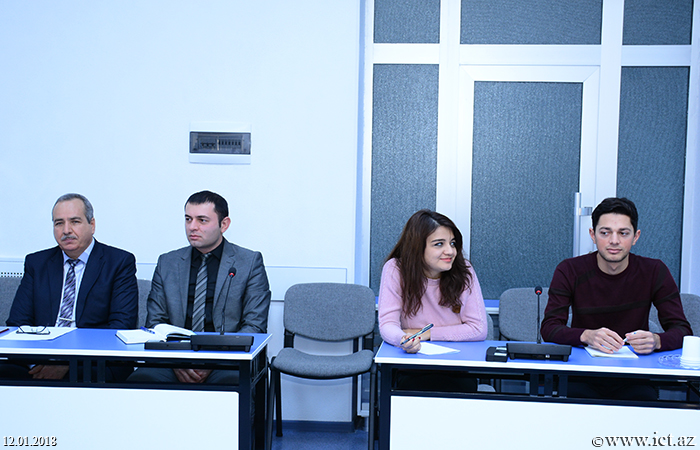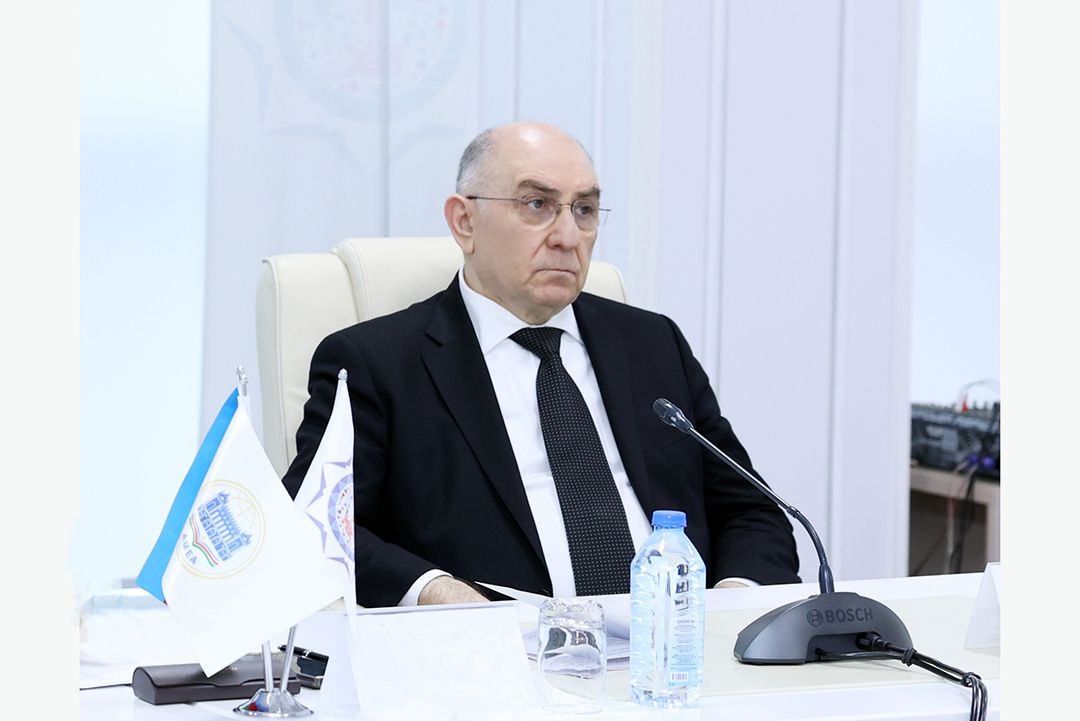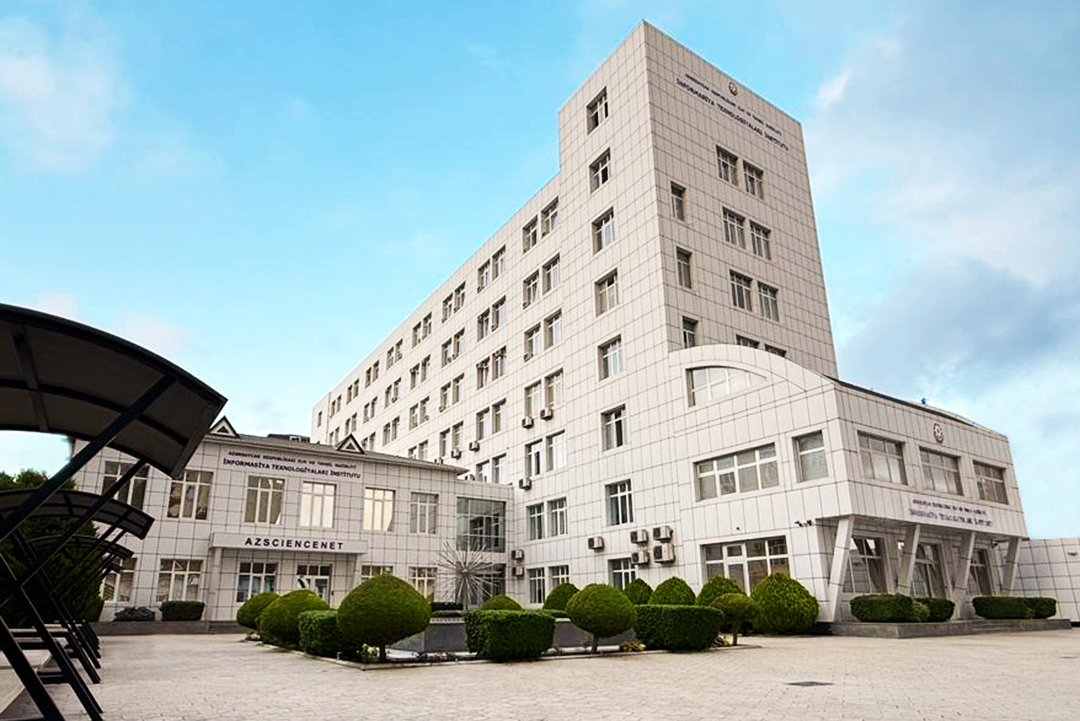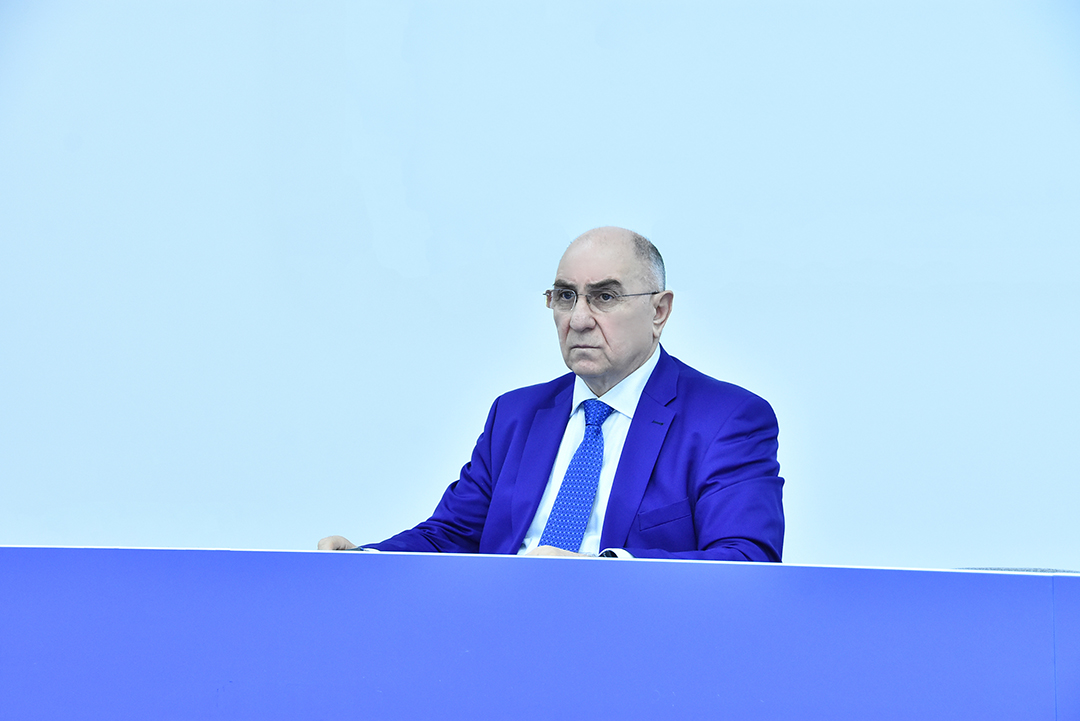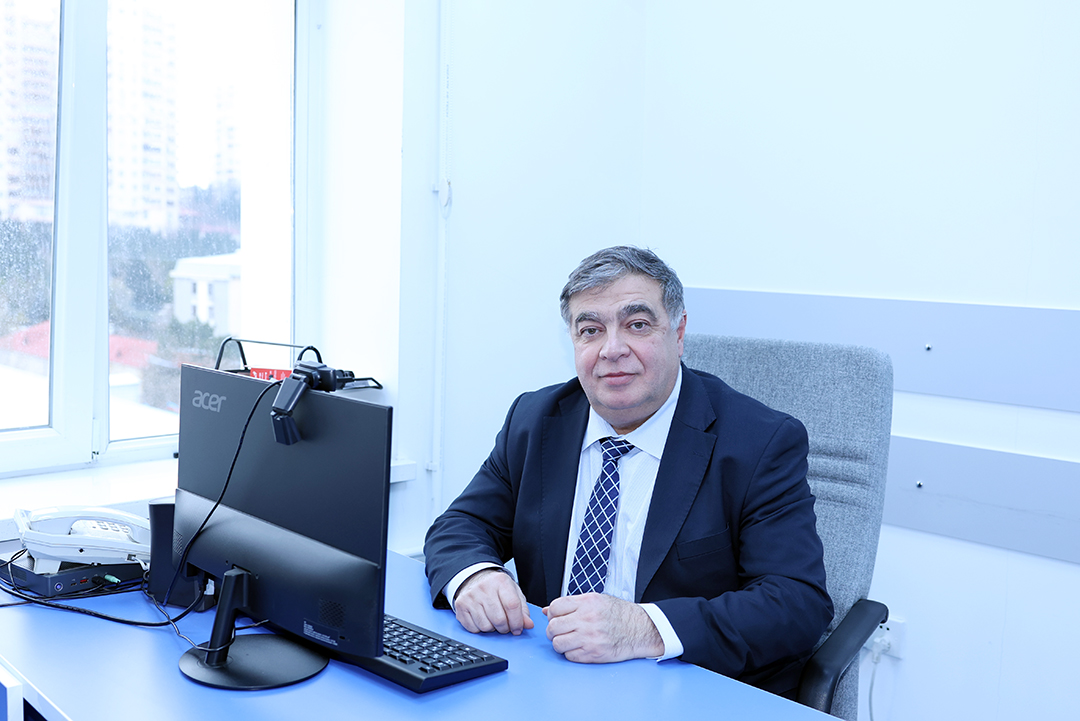NEWS
A scientific seminar on deep learning methods held
The next scientific seminar of department № 2 was held at the Institute of Information Technology of ANAS.
Head of department, PhD on technical sciences Yadigar Imamverdiyev presented a report on "Brief introduction to deep learning methods". He briefed about key ideas and concepts of Deep Learning, one of the most intensive research trends in the field of artificial intelligence in recent years.
A computer are studied by a researcher in traditional machine learning methods, and the researcher identifies the symptoms and uses of the computer. Deep learning learns how to build more sophisticated and deep abstractions than simple abstractions, as well as discovering these abstractions not by a human being but by a computer itself. So, the computer itself independently determines how best to learn. In essence, the term "deep" refers to this term.
Y. Imamverdiyev noted that deep training was often identified with deep neural networks, so it analyzed the sequence of ideas that passed into the neural networks in the development of neural networks. He gave detailed information about limited Bolsman machines, deep trust networks, auto-codecs, imprinting neural networks, and so on. detailed network architectures, their advantages and disadvantages, and open-source software libraries in this area.
The speaker noted that, with the help of deep neural networks, some of the most important practitioners of artificial intelligence had high results in fields of application, such as recognition of objects, natural language processing, speech recognition, speech synthesis. The reporter gave detailed information about research and products in the field of IT training of well-known IT-companies such as Google, Apple, Facebook, IBM, Microsoft, and introduced a number of software products.
Finally, discussions were held around the report and questions were answered. The department emphasized the importance of further deepening of research in this direction, a number of proposals were voiced.
© All rights reserved. Citing to www.ict.az is necessary upon using news

